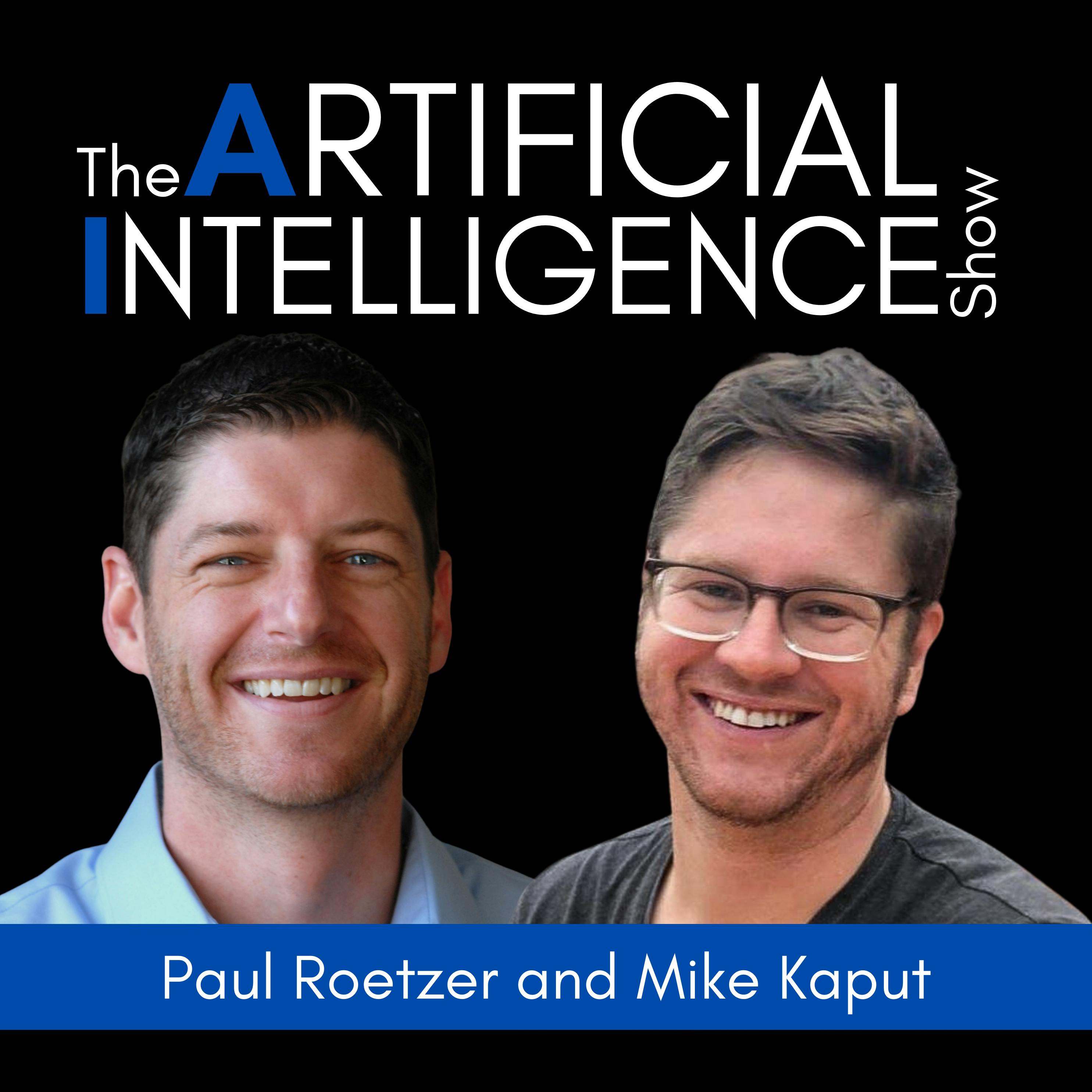Big ChatGPT Updates, A New Autonomous AI Agent, Vertical-Specific LLMs, McKinsey’s State of AI Report, and New Google AI Search
Description
Huge updates for ChatGPT are announced
OpenAI just announced huge updates for ChatGPT that hold the potential to transform how we use this popular AI tool. The updates include a number of things including: Prompt examples: At the beginning of a new chat, you’ll now see examples to help you get started; Suggested replies: ChatGPT now suggests relevant ways to continue your conversation; GPT-4 by default: When starting a new chat as a Plus user, ChatGPT will remember your previously selected model — no more defaulting back to GPT-3.5; Upload multiple files: You can now ask ChatGPT to analyze data and generate insights across multiple files. This is available with the Code Interpreter beta for all Plus users; Stay logged in: You’ll no longer be logged out every 2 weeks; Keyboard shortcuts: Work faster with shortcuts, like ⌘ (Ctrl) + Shift + ; to copy last code block. Try ⌘ (Ctrl) + / to see the complete list.
Also, missing from the update announcement but spotted by entrepreneur Neal Khosla on Twitter (and confirmed by Marketing AI Institute) it looks like the cap on messages in GPT-4 (within ChatGPT Plus) has gone away.
A new, autonomous AI agent debuts from OthersideAI
Matt Shumer, the CEO of OthersideAI, maker of the popular AI writing tool Hyperwrite, just debuted an AI system called “Agent-1,” a breakthrough model that can operate software like a human. Agent-1 will power the company’s Personal Assistant product, which lets you give AI commands that it can then execute autonomously using your web browser. In a demo video posted to Twitter, Shumer showed Agent-1 controlling a Google Cloud dashboard on its own.
Other demo videos of Personal Assistant have shown the tool autonomously planning travel for a user and drafting and sending an email to team members on its own based on a simple command given by the user.
A vertical-specific LLM launches - and is a good example of what’s possible
Writer, a leading AI software tool and friend of Marketing AI Institute, has released a large language model designed specifically for use in healthcare. The model is called Palmyra-Med, and Writer says it has outperformed both GPT-4 and medically trained human test-takers on PubMedQA, the leading benchmark for biomedical question answering.
Unlike a generic model like GPT-4, which knows a little bit about a lot of things and, as such, can be used for a wide variety of tasks, Palmyra-Med is specifically trained on publicly available sets of medical data. Writer clearly hopes to make generative AI much more accessible to healthcare organizations. Historically, adoption in healthcare of LLMs has been limited, given healthcare organizations’ needs for specific medical accuracy from AI tools and robust security and compliance features that many AI systems lack. How will this change AI in an industry like healthcare?
There are many more topics to be discussed, including McKinsey’s annual report, and a peek inside what’s happening over at Zoom.
More Episodes
Following a week filled with controversy, drama, and updates in the AI world, hosts Mike and Paul are ready to bring you up to speed on all the latest happenings. Join us in Episode 101 of The Artificial Intelligence Show where we explore OpenAI's progress on GPT-5, the formation of its Safety...
Published 06/04/24
We've got a special bonus episode today, and it's all about celebrating our 100th episode! To mark this milestone, we have dedicated this episode to answering your questions.
The Artificial Intelligence Show is much more than just a place for us to share content. It's our way of making sense of...
Published 05/30/24
Published 05/30/24


